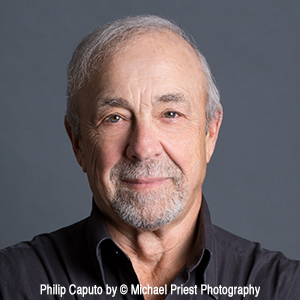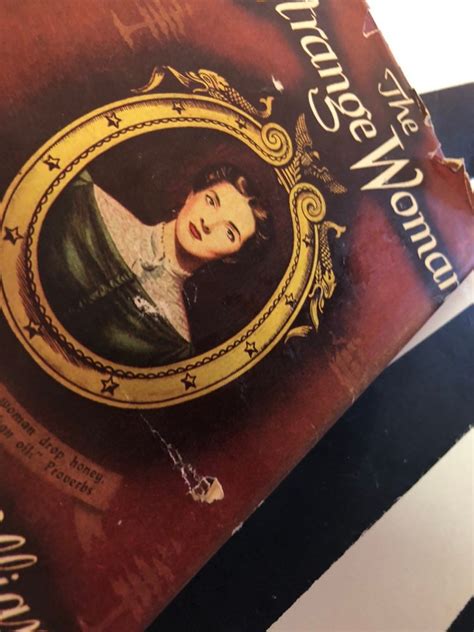A Quote by Jackson Katz
Many young men in the 1960s and 1970s came to reject some of the traditional ideas about manhood that many of their fathers tried to pass down - like unquestioning respect for authority even when that might mean killing and dying for questionable or unjust causes such as the Vietnam War.
Related Quotes
The unraveling that I experienced much earlier in the Vietnam war than many people think, was due to the immediate foxhole experiences. But once I got back home and began to follow the war on TV and in the press I began to see this enormous con game - I can't think of any other word for it - that government and the military was foisting on the American people, especially on the young men of my generation, and even worse, the young men of my generation who weren't particularly economically or intellectually privileged.
My brother need not be idealized, or enlarged in death beyond what he was in life; to be remembered simply as a good and decent man, who saw wrong and tried to right it, saw suffering and tried to heal it, saw war and tried to stop it. Those of us who loved him and who take him to his rest today, pray that what he was to us and what he wished for others will some day come to pass for all the world. As he said many times, in many parts of this nation, to those he touched and who sought to touch him: "Some men see things as they are and say why. I dream things that never were and say why not."
When I first came to Washington in the 1960s, even at the height of the Vietnam War, until the end there in '68 there was a certain climate of cooperation. And then in the late sixties and in through the seventies, politics began getting more mean. And then from the eighties on it seemed to be institutionalized, this personal attack business. And I just hate it.
World War II is smothered in sentimentality and nostalgia. What's interesting about Vietnam is that sentimentality is just not there, so you're given kind of a clean access to it in one way. It's also a war that represents a failure for the United States. Many people came back feeling like they never wanted to talk about it again. And so we developed a national amnesia.
In particular, Kissinger was a key player during a transformative period of the imperial presidency, in the 1960s and '70s, when the Vietnam War undermined the traditional foundations on which it had stood since the early years of the Cold War: elite planning, bipartisan consensus, and public support.
Part of the reason might be that I was born in 1954 and I look upon my youth with great fondness, like many old men. And, though my work doesn't focus much on good things, I see that period as America's heyday. True, we had many problems, like racism and Vietnam, but we still weren't quite as nuts as we seem to be now.
A set of ideas, a point of view, a frame of reference is in space only an intersection, the state of affairs at some given momentin the consciousness of one man or many men, but in time it has evolving form, virtually organic extension. In time ideas can be thought of as sprouting, growing, maturing, bringing forth seed and dying like plants.
I would like to say something, not just to Vietnam veterans in New England, but to men who were in Vietnam, who I hurt, or whose pain I caused to deepen because of the things that I said or did. I was trying to help end the killing and the war, but there were times when I was thoughtless and careless about it and I'm...very sorry that I hurt them. And I want to apologize to them and their families.
The reason this country continues its drift toward socialism and big nanny government is because too many people vote in the expectation of getting something for nothing, not because they have a concern for what is good for the country. A better educated electorate might change the reason many persons vote. If children were forced to learn about the Constitution, about how government works, about how this nation came into being, about taxes and about how government forever threatens the cause of liberty perhaps we wouldn't see so many foolish ideas coming out of the mouths of silly old men.
A dog does not live as long as a man and this natural law is the fount of many tears. If boy and puppy might grow to manhood and doghood together, and together grow old, and so in due course die, full many a heartache might be avoided. But the world is not so ordered, and dogs will die and men will weep for them so long as there are dogs and men.




































